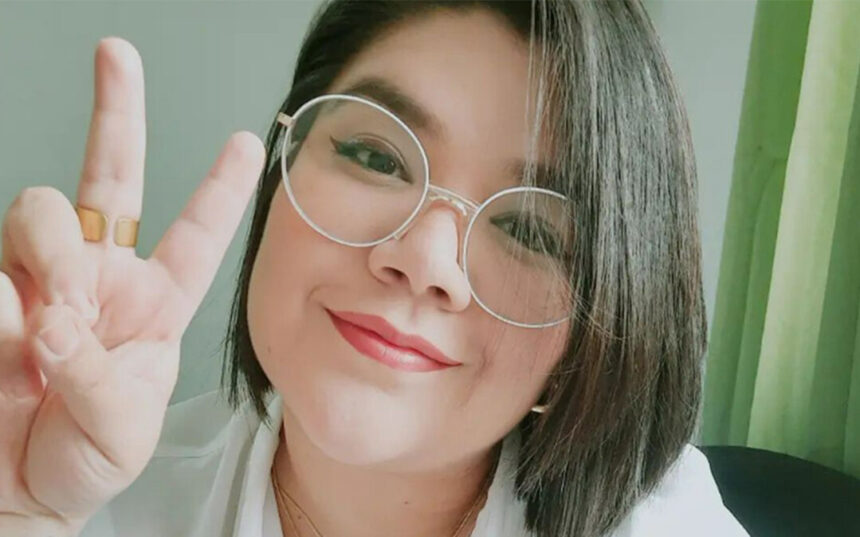CARACAS, Venezuela—The whereabouts of Edni López, a 33-year-old political science professor and award-winning poet, have been unknown since Sunday. She was preparing to board a flight to Argentina to visit a friend when she texted her boyfriend from the airport about issues with her passport.
After not boarding the flight, Lopez’s mother and friends searched detention centers and discovered she was being held by Venezuela’s military intelligence police on undisclosed charges. She was unable to contact her family or seek legal representation.
Lopez’s arrest is part of a larger wave of human rights abuses following Venezuela’s disputed presidential election, with over 2,000 people detained for protesting against President Nicolás Maduro. The crackdown, condemned by local human rights groups, includes journalists, political leaders, and activists.
The fear and repression in Venezuela have led to a chilling effect on public dissent, with widespread arrests and threats from government officials. Despite the crackdown, spontaneous protests continue, led by youth from the slums who seek freedom and change in their country.
While the government’s efforts to silence dissent have been swift and effective, opposition figures like Maria Corina Machado advocate for strategic pauses in activism to regroup and organize. The ongoing crackdown, labeled as state terrorism by rights groups, has instilled fear and silence in communities across the country.
They provided food, offered transportation to opposition leader, and allowed them to use their businesses, despite knowing they could face retaliation from the police or have their businesses forcibly closed. Even before the current unrest, Venezuela’s human rights violations were already under scrutiny. Maduro is being investigated by the International Criminal Court for alleged crimes against humanity. Maduro’s tactics have drawn comparisons to the military dictatorships of Central and South America in the 1970s, where opponents were rounded up, some killed, and others disappeared without a trace. Santiago Canton, a lawyer and secretary general of the International Commission of Jurists, compared Maduro’s actions to instilling fear, similar to the tactics used during the “Dirty War” campaigns. While the disappearance of López may not be as extreme as past events, Canton believes that social media can amplify the use of force to achieve similar results. Machado called for international intervention to end the oppression in Venezuela. López, known for her humanitarian work, was unexpectedly targeted despite her lack of political involvement. Her friends and family struggle to understand why she was arrested. Cristina Ramirez, a friend of López, expresses concern for her well-being and hopes for her release. Ramirez had planned a vacation for López, who has been enduring financial hardships. Despite the challenges, Ramirez is still waiting for her friend’s return.
Source link





